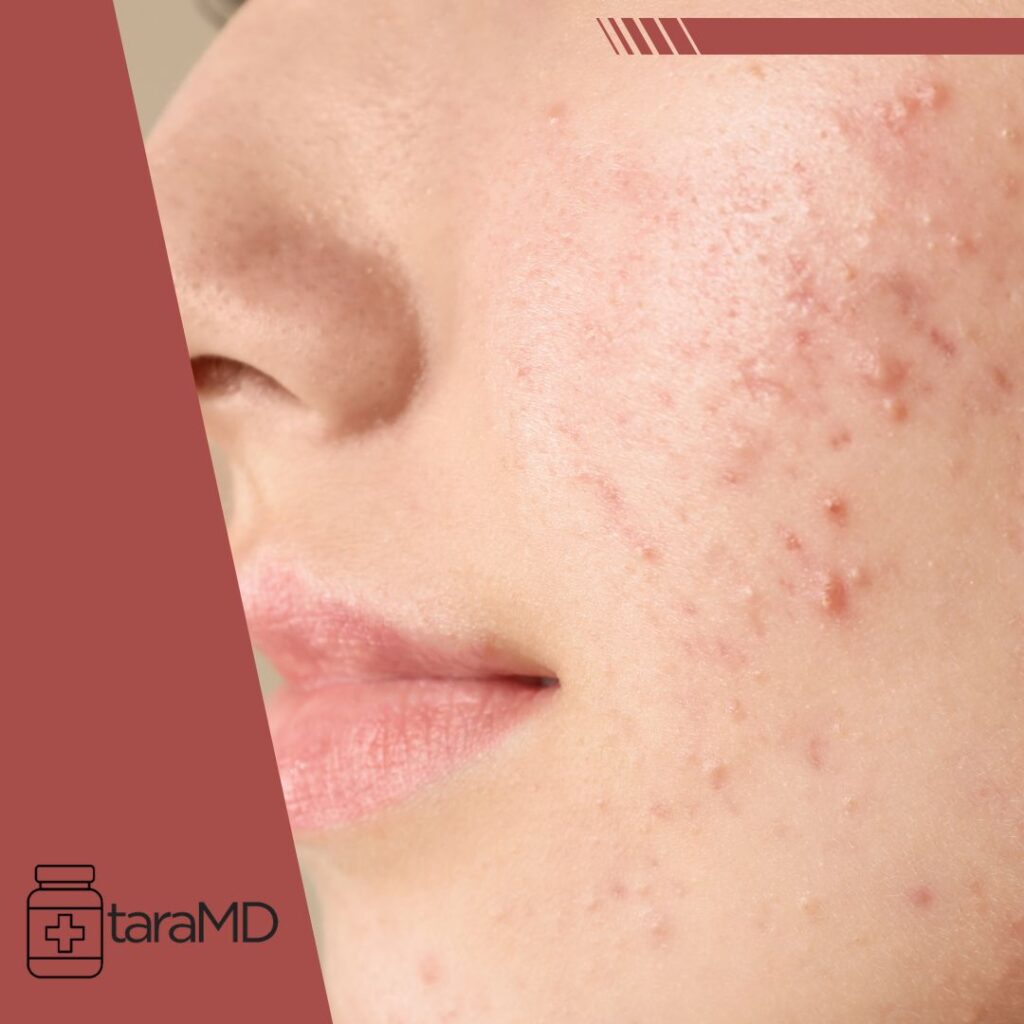Acne is a common skin condition that affects millions of people, from teenagers to adults. While genetics, hormones, and skincare habits play a significant role, many people wonder whether diet also influences acne. Research suggests that what you eat can impact your skin, either triggering breakouts or supporting clearer, healthier skin. Understanding the connection between diet and acne can help you make informed choices for better skin health.
1. High-Glycemic Foods and Acne
One of the most studied dietary factors in acne development is the consumption of high-glycemic foods. These are foods that cause rapid spikes in blood sugar levels, such as white bread, sugary snacks, soda, and certain processed cereals. High-glycemic foods can lead to increased insulin production, which in turn may stimulate oil production in the skin and trigger inflammation—both key contributors to acne. Studies have shown that individuals who follow a low-glycemic diet often experience fewer breakouts and improved skin texture over time.
2. Dairy Products and Hormonal Acne
Dairy intake, particularly skim milk, has also been linked to acne in some individuals. Milk contains hormones such as insulin-like growth factor-1 (IGF-1), which may exacerbate acne by increasing sebum production and inflammation. While the relationship between dairy and acne is still being studied, some dermatologists recommend monitoring your intake if you notice breakouts after consuming milk, cheese, or yogurt. Switching to plant-based alternatives like almond or oat milk may be beneficial for sensitive skin prone to acne.
3. The Role of Omega-3 Fatty Acids
Omega-3 fatty acids, found in foods like salmon, chia seeds, walnuts, and flaxseed, have anti-inflammatory properties that may help reduce acne. Inflammation is a key factor in the formation of pimples, pustules, and cysts, so incorporating omega-3-rich foods into your diet can support overall skin health. Some studies suggest that individuals with higher omega-3 intake may experience fewer and less severe acne breakouts.
4. Vitamins and Antioxidants for Healthy Skin
A diet rich in vitamins and antioxidants also plays a role in skin health. Vitamins A, C, and E are known for their ability to support skin repair, reduce inflammation, and protect against oxidative stress. Fresh fruits, vegetables, and whole grains provide these essential nutrients and can promote clearer, more resilient skin. Dermatologists often encourage a balanced diet that supports both overall health and skin wellness.
5. Practical Dietary Tips for Acne-Prone Skin
While diet alone may not cure acne, making mindful choices can complement your skincare routine and treatments. Limit high-glycemic and heavily processed foods, monitor your dairy intake, and increase consumption of anti-inflammatory foods and antioxidants. Drinking plenty of water and maintaining a balanced diet can also support skin hydration and overall health.
Diet Can Influence Acne, But It’s Part of the Bigger Picture
Diet can play a role in acne management, particularly when it comes to inflammation and hormonal triggers. While genetics and skincare habits are also important, choosing low-glycemic foods, incorporating omega-3s, and eating a nutrient-rich diet may help reduce breakouts and improve skin appearance. If you’re struggling with persistent acne, consult a dermatologist for personalized advice that includes both dietary and medical strategies. By taking a comprehensive approach, you can support clearer, healthier skin from the inside out.
Read more:

